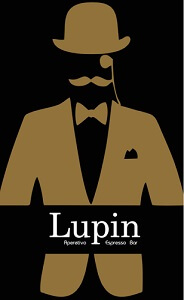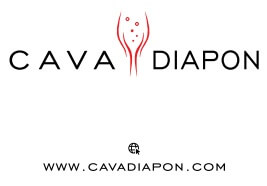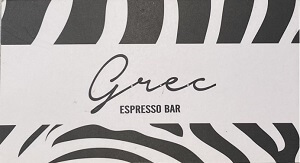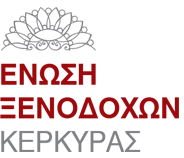“Are we living in a computer simulation?” Here is an interesting question for thinking about digital art and cinema. The film Matrix by Lana and Lilly Wachowski, to name just one example, fully suggests this idea that we live in several universes linked to each other.
But when technological developments and their democratization within homes make a fictional scenario seem possible in everyday life, there is thus reason to look more closely at the question.
More often than not we marvel at a technological feat - we are under the spell of the first thought and this is the risk with technological advances which advance faster than music and create a shift, a disorder in our society that is mostly focused on consumption, possession and avarice.
In the era of metaverses, virtual reality could be a gateway to enlighten us on the nature of our own reality. The idea is appealing: we form hypotheses and convictions, and we create dreams that take on the appearance of knowledge. We fantasize, as Elon Musk does so well, affirming that we live in video game universes as evidence, an absolute truth, without foundation and questioned from his reverie. "Primary evidence is not a fundamental truth," Bachelard tells us.
This persuasion can also take artistic forms (literature, poetry, painting, photography, cinema, installation). It is perhaps the only space where our thoughts and ideas have been able to express themselves in all their splendour. But the artistic form does not allow us to provide an objective response to the nature of our reality, because the subjective power of a work always prevails and transforms our relationship to reality as reader or spectator.
It will therefore be necessary to answer our questions, to criticize all the theories which have gone so far as to pose it around computer simulation. It will be necessary to return to things even in their etymological sense, in their common sense and in the practice of virtual reality as a simulation of our reality.
We will take thought experiments as a starting point to study how a problem that has oppressed scientific research for more than a century finds itself divided without ever having been solved.
The first thought experiment is that of Erwin Schrödinger, the founding father of quantum thought who followed up on several other theories, which contradict each other but form a whole.
Quantum theory opens on several branches
- It is not meant to represent reality: Positivism
- It does not fully represent reality: influence of consciousness, addition of a variable: position.
- It totally represents reality: Decoherence and multiple universes.
It is a question of taking a completely objective position, of studying each of its branches which have nourished both the scientific and philosophical minds. It is from artistic creations that we will try to bring suggestions, reflections and arouse our imagination on the nature of our reality, because, “imagination finds more reality in what is hidden than in what appears,” G Bachelard tells us again.
The magazine “Science & Vie” reserved in its last issue of March 2022 a concrete study on computer simulation where they pose three scenarios. The first one: suppose that humanity became extinct before reaching this technological stage. The second one is that humanity has not ever attempted to simulate its own evolution. Finally, the third hypothesis, the one that will be the subject of our own research ; which is that humanity has launched several of these simulations and it is likely that we are in one of them.
Virtual reality is undoubtedly the technological advance which, through the new possibilities it offers (total image, spatialized sound and physical sensation) gives us access to a probable example of this simulation that we are experiencing.
And if the fact of standing outside oneself in a parallel universe through an immersive work allowed us to better understand this cave in which we are living, we could certainly (re)discover it as a larger, stranger, and richer world. It therefore necessitates redefining the reality that is not only outside of us, but also that which is inside of us, because it must be emphasized that the practice of virtual reality remains a solitary practice, where the spectator lives and receives the work in his solitude .
How therefore to adopt an aesthetic, poetic and philosophical language from a language and scientific experience in the writing of my thesis will be my guideline in the development of this creative research.
How could the concept of virtual reality shed light on our reality? Are we really in a simulation?
short CVs :
Nader S. Ayache holds a degree in screenwriting and filmmaking from the University of Tunis where he directed his graduation documentary “Mongi: Ya-Aicha”. He continued his studies at the Sorbonne and obtained a Master's degree in cinematographic research and at the same time directed "La Guerre des centimes". Nader is currently working on his thesis at the University of Paris 8, he is directing his first feature film "La Renaissance" as part of his research-creation.
Back
SPONSORS
 Agora Restaurant Grill House
Agora Restaurant Grill House Lupin Aperitivo Espresso Bar
Lupin Aperitivo Espresso Bar






























